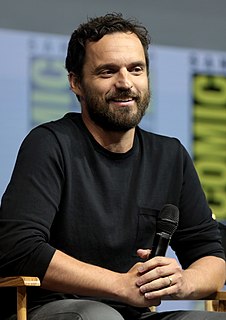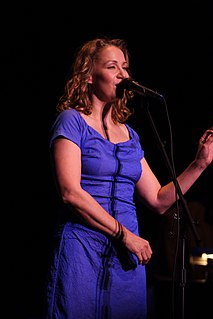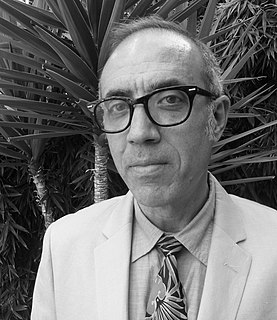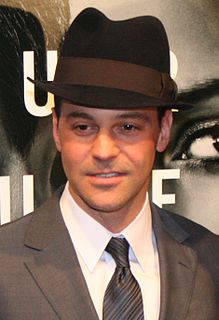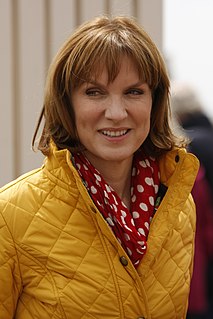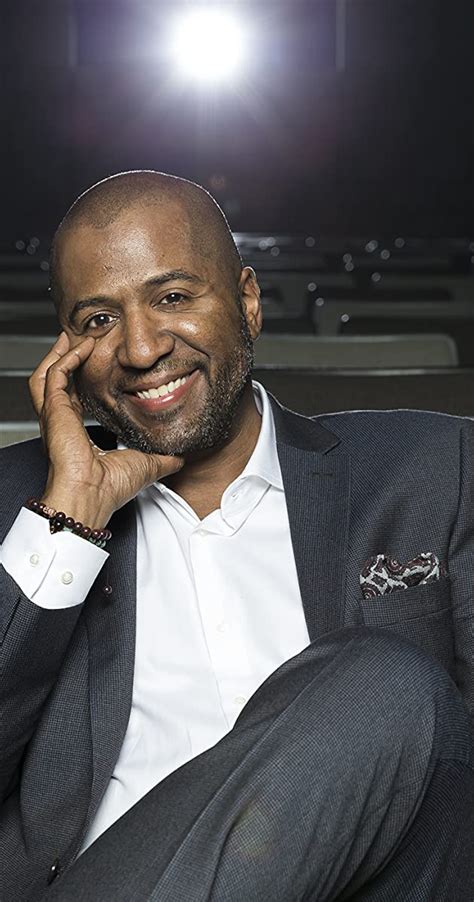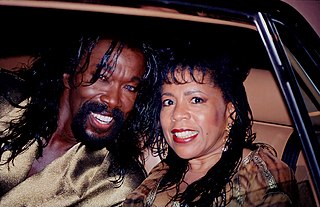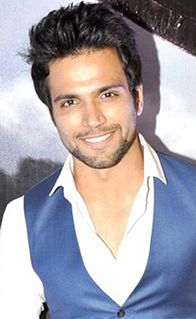A Quote by Dick Van Dyke
I found doing that kind of comedy without an audience is just... for me, it's almost impossible. You need the audience to do their half of the work.
Related Quotes
Through performance, I found the possibility of establishing a dialogue with the audience through an exchange of energy, which tended to transform the energy itself. I could not produce a single work without the presence of the audience, because the audience gave me the energy to be able, through a specific action, to assimilate it and return it, to create a genuine field of energy.
When I first started doing my comedy act, I just desperately needed material. So I took literally everything I knew how to do on stage with me, which was juggling, magic and banjo and my little comedy routines. I always felt the audience sorta tolerated the serious musical parts while I was doing my comedy.
Even if I'm doing a show and there's five people in the audience and the sound system is terrible - I mean, it's been a while but I've certainly done those kind of shows where it's just every conceivable thing is against you - you still have music. It's still something that's real whether there's five people in the audience or a hundred thousand people in the audience. And that's always been there for me.
[on making the transition from the comedy "Mary Tyler Moore" (1970) to its dramatic spin-off series "Lou Grant" (1977)] We were really worried about changing over from a three-camera, half-hour comedy to a one-camera, full-hour drama. The audience wasn't ready for the switch - even CBS billed us in their promos as a comedy. In fact, the whole thing was impossible. But we didn't know that.
Comedy can be more difficult than drama. It requires more attention to timing. In the theater, you're always dependent on the audience for the energy, but in comedy the feedback you get is more important. You can judge by the quickness and the length of the laugh just where you stand with the audience.
As an actor, you should always keep your trump card hidden from your audience. I want the audience to keep expecting more and more from me. I want to do 'different' work - good and memorable roles - so that audience appreciate me more. That's why I love to surprise my audience with something they never expect me to do.




